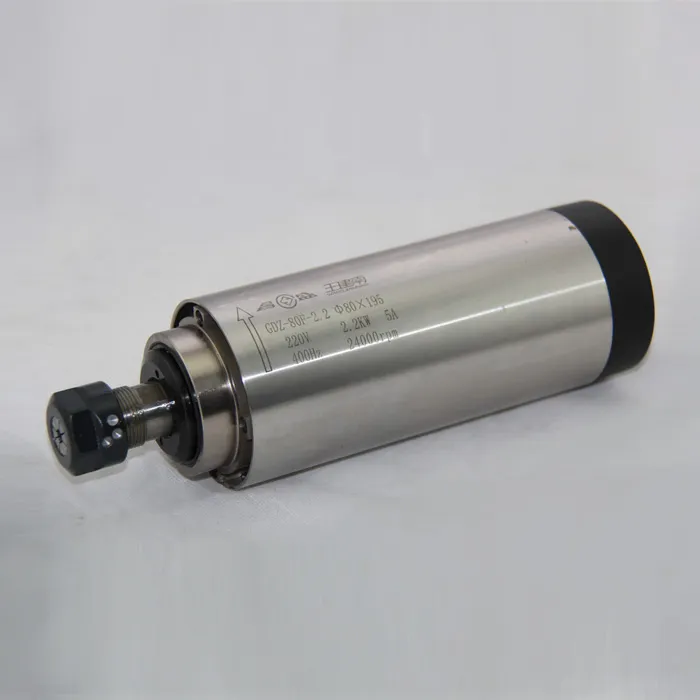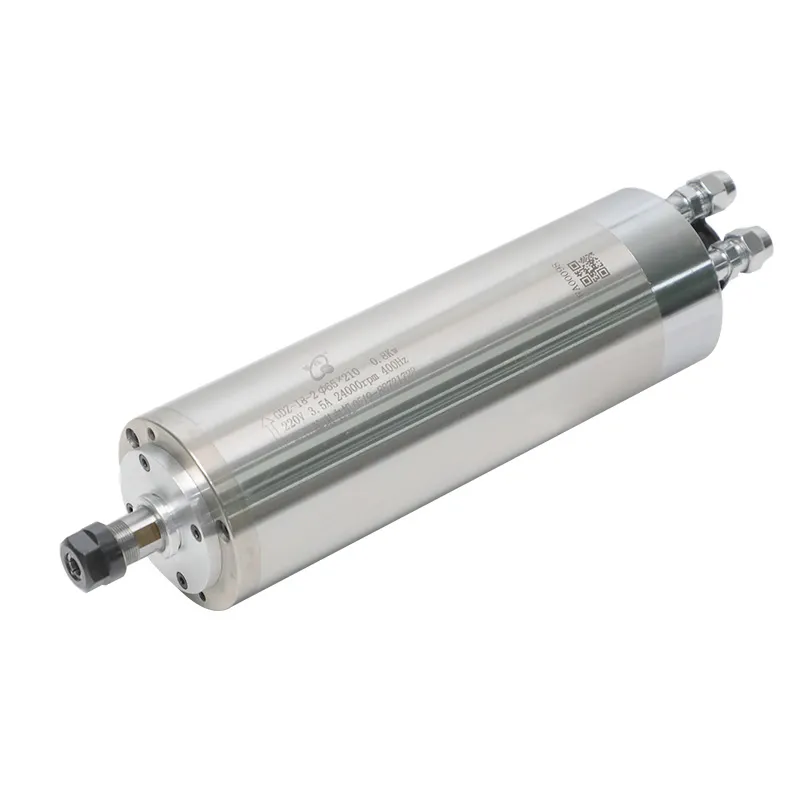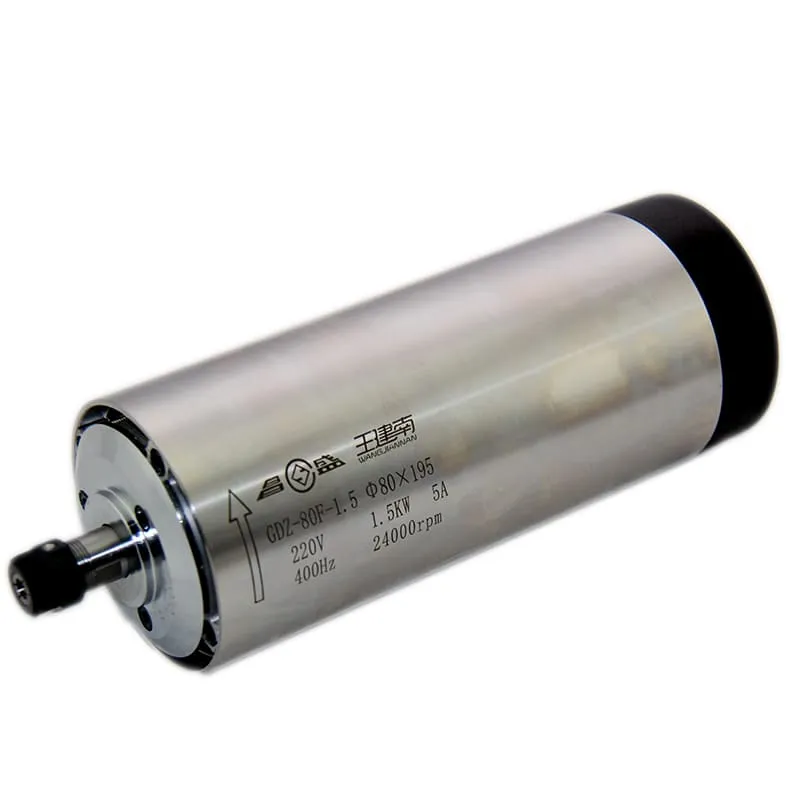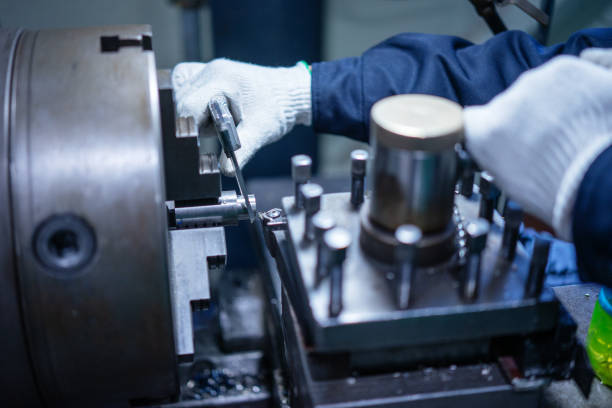Starting a CNC machining business can be both a rewarding and profitable venture. CNC machining is at the heart of many industries today, providing precision, efficiency, and the capability to create a vast array of parts and products. From automotive to aerospace, and even medical equipment, the need for CNC services is substantial. If you’ve ever thought about starting your own CNC machining shop, this guide will walk you through the crucial steps involved, from planning and acquiring the right equipment to building a customer base.
Understanding CNC Machining
CNC, or Computer Numerical Control, is a process where computers control machine tools. These tools can include lathes, mills, routers, and grinders, which are all crucial for creating high-quality parts. CNC technology has grown significantly, transforming the manufacturing sector by providing high levels of precision and repeatability that manual machining processes simply cannot match.
Why CNC Machining Is a Great Business Opportunity
Starting a CNC machining business presents a lucrative opportunity. As industries continue to grow, there is an ever-increasing demand for precision machining. Here are some reasons why CNC machining could be a profitable business venture:
- High Demand: Many industries need CNC machining, from automotive to medical equipment.
- Customization: CNC allows for customized, precise designs that can’t be easily achieved through other methods.
- Automation and Scalability: Once set up, CNC machines can work for long hours with little human intervention, making them ideal for scaling production.
Creating a Business Plan for a CNC Machining Business
1. Define Your Business Goals
The first step to starting a CNC machining business is creating a business plan. This document will serve as your roadmap, detailing your goals, strategies, financial forecasts, and potential hurdles. A well-thought-out business plan is essential for seeking investments and securing financing.
- Identify the Market: Analyze your target market. Who will be your primary customers? Is it local manufacturers, automotive companies, or custom parts for hobbyists?
- Set Business Objectives: Define your short-term and long-term objectives. Examples could include reaching a certain number of contracts within the first year or expanding to new sectors.
2. Financial Planning and Budget
Financial planning is a crucial aspect of starting a CNC machining business. Calculate how much investment you will need for:
- Equipment: CNC machines vary in cost depending on their capabilities. Used CNC machines are cheaper, but might need more maintenance.
- Facilities: Whether you rent or buy a workspace, factor in the costs.
- Working Capital: Cover ongoing expenses like salaries, materials, utilities, and marketing.
Consider different financing options, such as bank loans, investors, or even government grants for small businesses. Having a clear budget helps you maintain control over expenditures and make smarter financial decisions.
Choosing the Right CNC Equipment
1. Types of CNC Machines Needed
The type of CNC machines you need depends on your niche. Here are some commonly used CNC machines:
- CNC Mills: Versatile machines that can handle a wide range of materials.
- CNC Lathes: Perfect for producing cylindrical parts, ideal for industries like automotive.
- CNC Routers: Excellent for cutting wood, plastic, and softer materials. If you plan on doing engraving or furniture-making, a CNC router is essential.
2. Choosing the Right Spindles
The spindle is one of the most crucial parts of a CNC machine. It’s what holds and spins the cutting tool. Choosing the right spindle is essential for achieving the best results.
- Air-Cooled vs. Water-Cooled Spindles: Air-cooled spindles are easier to maintain, while water-cooled spindles are quieter and better for long hours of operation.
For example, the 2.2KW ER20 Air-Cooled Spindle  is a great option if you’re looking for reliability and precision.
is a great option if you’re looking for reliability and precision.
Setting Up Your CNC Shop
1. Finding the Right Location
The location of your CNC machining business is vital. Here’s what to consider:
- Space Requirements: CNC machines require significant space, not only for operation but also for maintenance and material storage.
- Accessibility: Your shop should be easily accessible for deliveries and customers.
- Utilities: Ensure that the facility has adequate electric power supply to run multiple CNC machines.
2. Shop Layout and Organization
A well-planned shop layout is essential for optimizing efficiency. Consider the following when organizing your shop:
- Machine Placement: Place machines in a logical flow based on the steps of the machining process to reduce time spent moving materials.
- Storage: Organize your cutting tools, raw materials, and finished products for easy access.
- Safety Zones: Mark out clear zones for operation, ensuring employees know where it’s safe to stand.
Hiring and Training Employees
1. Skills Needed for CNC Machining
Running a successful CNC machining business requires skilled labor. Ideally, your employees should have the following skills:
- CAD/CAM Knowledge: Employees must be proficient in CAD (Computer-Aided Design) and CAM (Computer-Aided Manufacturing) software to create and modify designs.
- Machine Setup and Operation: They need to know how to set up machines, change tools, and adjust settings.
- Quality Control: Employees should understand quality control procedures, ensuring every part meets the required specifications.
2. Training Programs
If hiring skilled machinists isn’t feasible, consider running training programs. Partner with local community colleges or technical schools to develop training modules that suit your needs.
Marketing Your CNC Machining Business
1. Identify Your Target Customers
The next step is marketing your CNC machining business effectively. First, identify your target customers. These could include:
- Manufacturing Companies: Larger manufacturers often need custom parts and might outsource to smaller CNC shops.
- Automotive Workshops: They need precise parts and custom pieces.
- Product Designers and Artists: Designers often require prototypes or unique parts that CNC shops can produce.
2. Create a Strong Online Presence
Having a strong online presence is crucial for reaching potential customers. Here’s how you can leverage online tools to market your CNC machining business:
- Website: Develop a website that showcases your services, equipment, and examples of previous projects. For instance, displaying images and descriptions of your CNC spindles will help potential clients see your capabilities.
- SEO Optimization: Ensure your website is SEO optimized. This will help people find your business when they search for CNC services online. Utilize keywords like CNC machining, CNC shop, and custom machining.
For quality CNC router spindles, consider visiting Spindle Motor Shop. Their products like the 24000RPM 0.8KW ER11 Water-Cooled Spindle  are ideal for detailed and precision CNC machining tasks.
are ideal for detailed and precision CNC machining tasks.
Building a Customer Base
1. Networking and Partnerships
One of the best ways to build a customer base is through networking. Attend industry events, join local manufacturing associations, and form partnerships.
- Local Manufacturers: Forming partnerships with local manufacturers could lead to consistent contracts.
- Trade Shows: Attending trade shows allows you to showcase your CNC capabilities directly to potential customers.
2. Provide Excellent Customer Service
In any business, customer service is key to customer retention and referrals. This is especially true in CNC machining, where clients rely on precision and timely delivery.
- Communicate Clearly: Keep clients informed about the progress of their projects.
- Meet Deadlines: Reliability is a significant factor for clients. Consistently meeting deadlines will build trust and result in repeat business.
Managing Workflow and Production
1. Planning Production Schedules
For a CNC machining shop, managing workflow efficiently is crucial to maximize output.
- Job Prioritization: Determine the priority of each job based on deadlines and complexity. Complex parts may require longer setup times.
- Machine Maintenance: Schedule regular maintenance for your CNC machines to minimize downtime. Spindles, for example, need attention to ensure they perform at their best.
2. Implementing Quality Control
Quality control ensures that every part meets specifications. This is essential for building a strong reputation.
- In-Process Inspection: Inspect parts during the machining process to catch errors early.
- Final Quality Check: Perform thorough inspections on finished parts to ensure they meet customer specifications.
Scaling Your CNC Machining Business
1. Investing in More Equipment
Once your CNC machining business starts growing, it may be time to invest in additional equipment to expand your production capacity.
- Multi-Spindle Machines: Investing in multi-spindle machines can increase your production capabilities without needing additional floor space.
- Advanced CAD/CAM Software: Upgrading your software can help you handle more complex jobs and improve precision.
2. Expanding to New Markets
Another approach to scaling is expanding into new markets. For example:
- Aerospace Industry: The aerospace sector demands high-precision components. Expanding into this industry can open up more lucrative contracts.
- Medical Equipment: Producing parts for medical devices also requires high precision and presents an excellent opportunity for growth.
Frequently Asked Questions About Starting a CNC Machining Business
1. How much does it cost to start a CNC machining business?
The startup cost varies widely but generally ranges from $50,000 to $150,000. Costs include CNC machines, spindles, workspace, and working capital for day-to-day operations.
2. What type of CNC machine should I start with?
This depends on your target market. CNC routers are great for woodworking, while CNC lathes are more suited for producing cylindrical parts commonly used in automotive industries.
3. Is CNC machining a profitable business?
Yes, CNC machining can be highly profitable, especially if you find the right niche. Precision machining is always in demand in industries such as aerospace, automotive, and medical.
4. How can I find customers for my CNC machining business?
Start by building an online presence and attending industry events. Networking with local manufacturers and offering excellent customer service are also effective strategies.
5. What are the most common challenges in CNC machining?
Some common challenges include high initial costs, machine downtime, and the need for skilled labor. However, these can be mitigated through proper planning, training, and regular maintenance.
Conclusion
Starting a CNC machining business requires careful planning, investment in the right equipment, and a commitment to delivering quality services. From defining your business objectives to selecting the best equipment, every step is crucial for laying the foundation of a successful CNC shop. Marketing your services effectively, managing your workflow efficiently, and continually seeking opportunities to expand are key elements that will set your business apart.
If you’re ready to take the leap into CNC machining, ensure you have the right tools. For reliable spindle motors that offer precision and performance, check out the offerings at Spindle Motor Shop, such as the 1.5KW ER11 Round Air-Cooled Spindle  . With dedication and the right resources, your CNC machining business can grow into a thriving, successful venture.
. With dedication and the right resources, your CNC machining business can grow into a thriving, successful venture.

